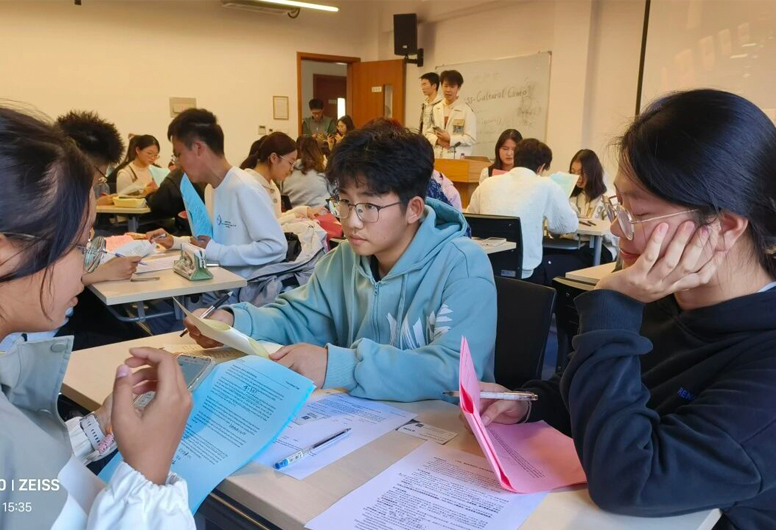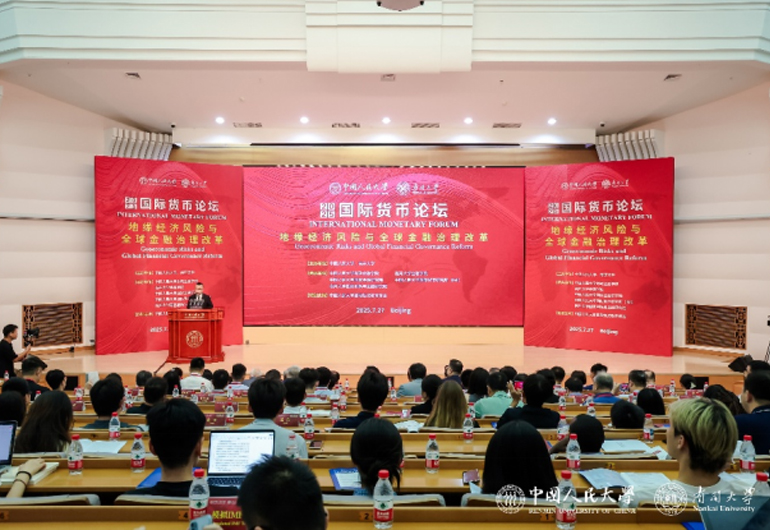Does FinTech Credit Boost Entrepreneurial Growth in China?
On March 12th. 2019, Professor Harald Hau from Geneva School of Economics and Management (GSEM) of the University of Geneva, visited the School of Finance of Nankai University and presented his recent research named “Does FinTech Credit boost Entrepreneurial Growth in China?” in Room 234, at the School of Finance, Nankai University.
Based on a unique dataset from automated credit lines to more than a million firms trading on Alibaba's e-commerce platform, Professor Hau and his coauthors explore if FinTech credit from Ant Financial mitigates local credit supply frictions in China's segmented credit market. They use a discontinuity in the credit decision algorithm to document that a firm's credit approval and first-time online credit use boosts firm growth in terms of sales and transaction growth. According to the data, firm growth after FinTech credit access is larger in locations with credit supply frictions.
Harald Hau is a Professor of Economics and Finance at the Geneva School of Economics and Management (GSEM) of the University of Geneva, the managing director of the Geneva Finance Research Institute (GFRI) and holds a senior chair at the Swiss Finance Institute (SFI). His research interests are in international finance, financial markets, and financial stability. After his Ph.D. at Princeton University in 1996 with Kenneth Rogoff as thesis advisor, he first taught at the French business school ESSEC and from 2001 to 2011 at INSEAD in Fontainebleau and Singapore. He was a visiting professor at the University of California, Berkeley, a visiting scholar at the International Monetary Fund, the Wim Duisenberg Fellow at the European Central Bank and a research fellow at the Hong Kong Institute for Monetary Research. He is a fellow at the Center for Economic Policy Research (CEPR), London, and the Center for Economic Studies (CES), Munich. In his research, he contributes to academic and professional journals such as the American Economic Review, Review of Financial Studies, Journal of Finance, Journal of Financial Economics, Economic Policy, and others.








